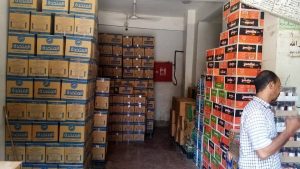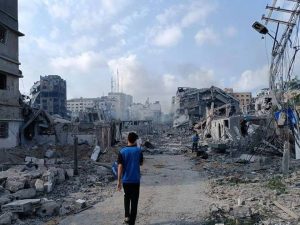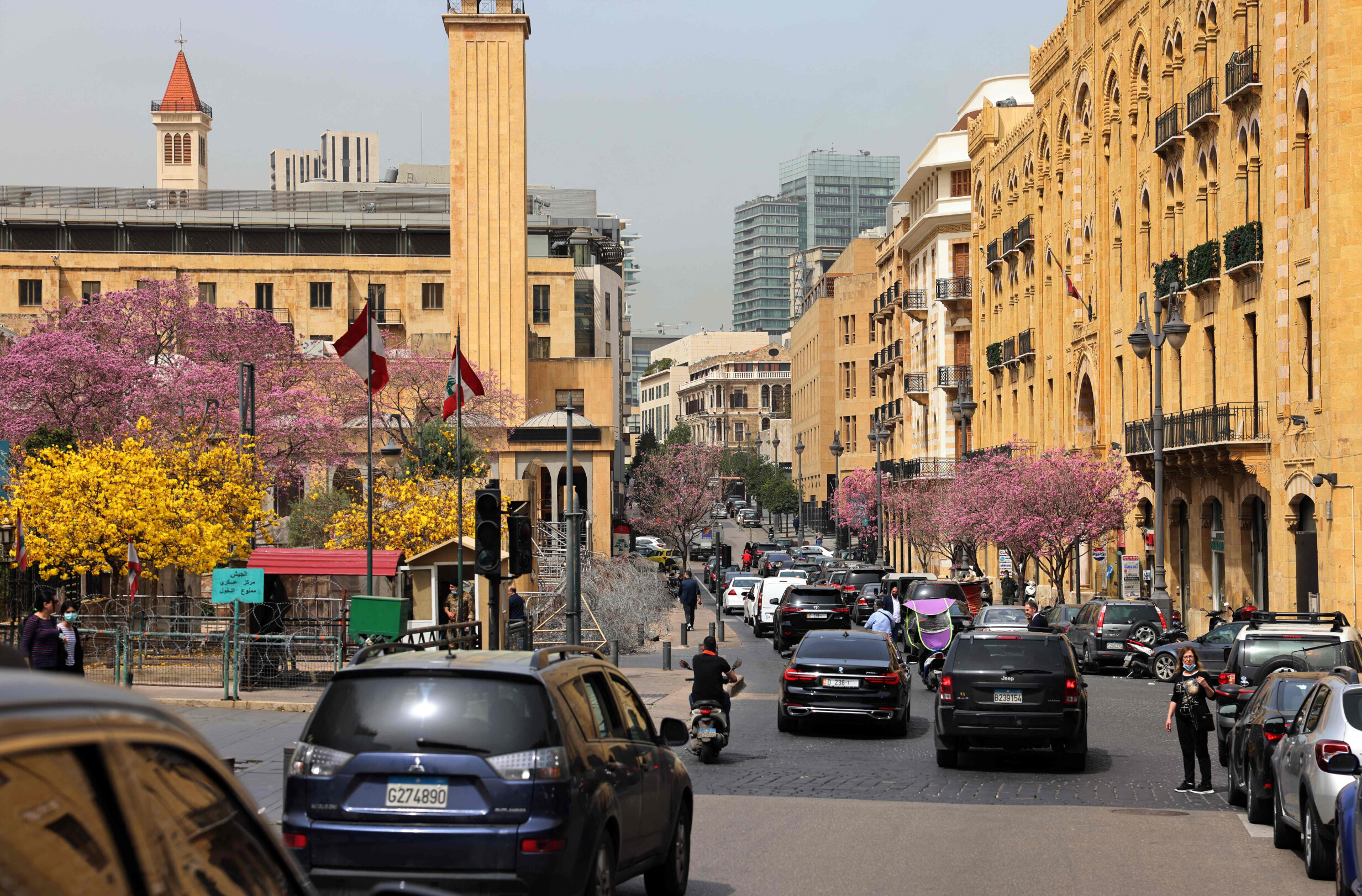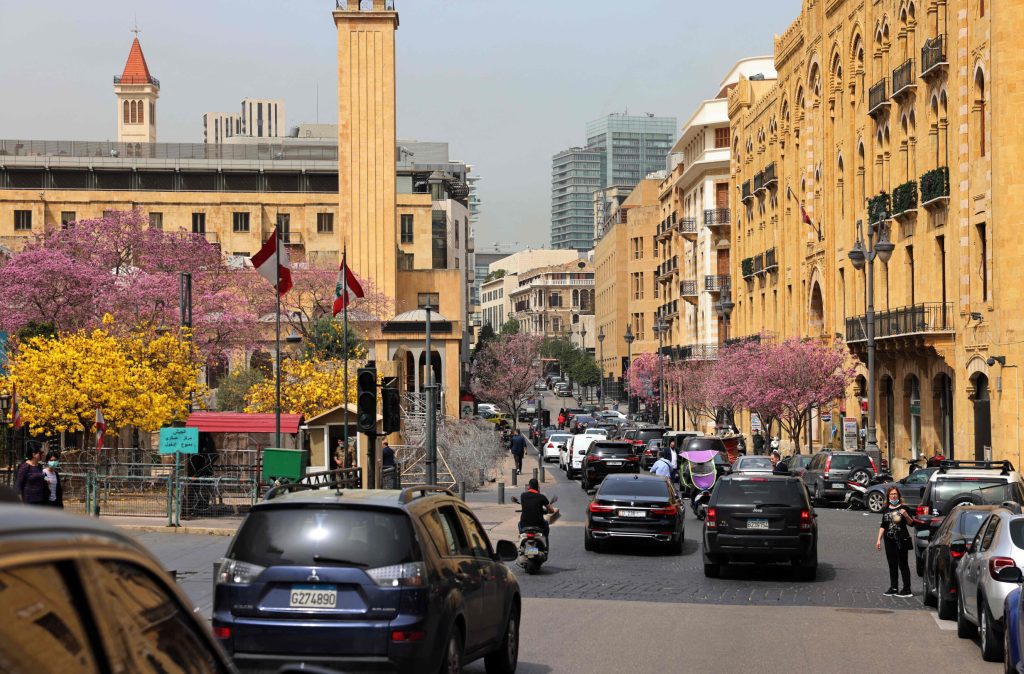Lebanon suffers from unplanned urban growth and excessive reliance on cars, with repeated failures to establish an effective public transport system, leading to chronic traffic congestion and severe economic, environmental, and health repercussions. Since the 1990s, Beirut’s urban fabric has densified without a comprehensive vision, and the transport model has revolved around cars, with little investment in large-scale public transport. By the late 1990s, cars accounted for nearly 70% of transportation in Greater Beirut. The 2019 economic crisis exposed the fragility of this system, forcing families and workers to adapt their mobility patterns. New bus lines launched in 2024-2025 mark a hopeful start but require parallel tax reforms and institutional frameworks to redirect vehicle taxes into public transport infrastructure. Sustainable mobility in Lebanon faces challenges including fragmented governance and political disputes.
Ultimately, Lebanon must choose between continuing costly car dependence or investing in organized collective transport to improve quality of life and national resilience, while prioritizing environmental concerns such as reducing greenhouse gas emissions and improving air quality.














Recommended for you
Exhibition City Completes About 80% of Preparations for the Damascus International Fair Launch
Talib Al-Rifai Chronicles Kuwaiti Art Heritage in "Doukhi.. Tasaseem Al-Saba"
Unified Admission Applications Start Tuesday with 640 Students to be Accepted in Medicine
Egypt Post: We Have Over 10 Million Customers in Savings Accounts and Offer Daily, Monthly, and Annual Returns
His Highness Sheikh Isa bin Salman bin Hamad Al Khalifa Receives the United States Ambassador to the Kingdom of Bahrain
Al-Jaghbeer: The Industrial Sector Leads Economic Growth